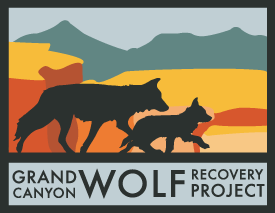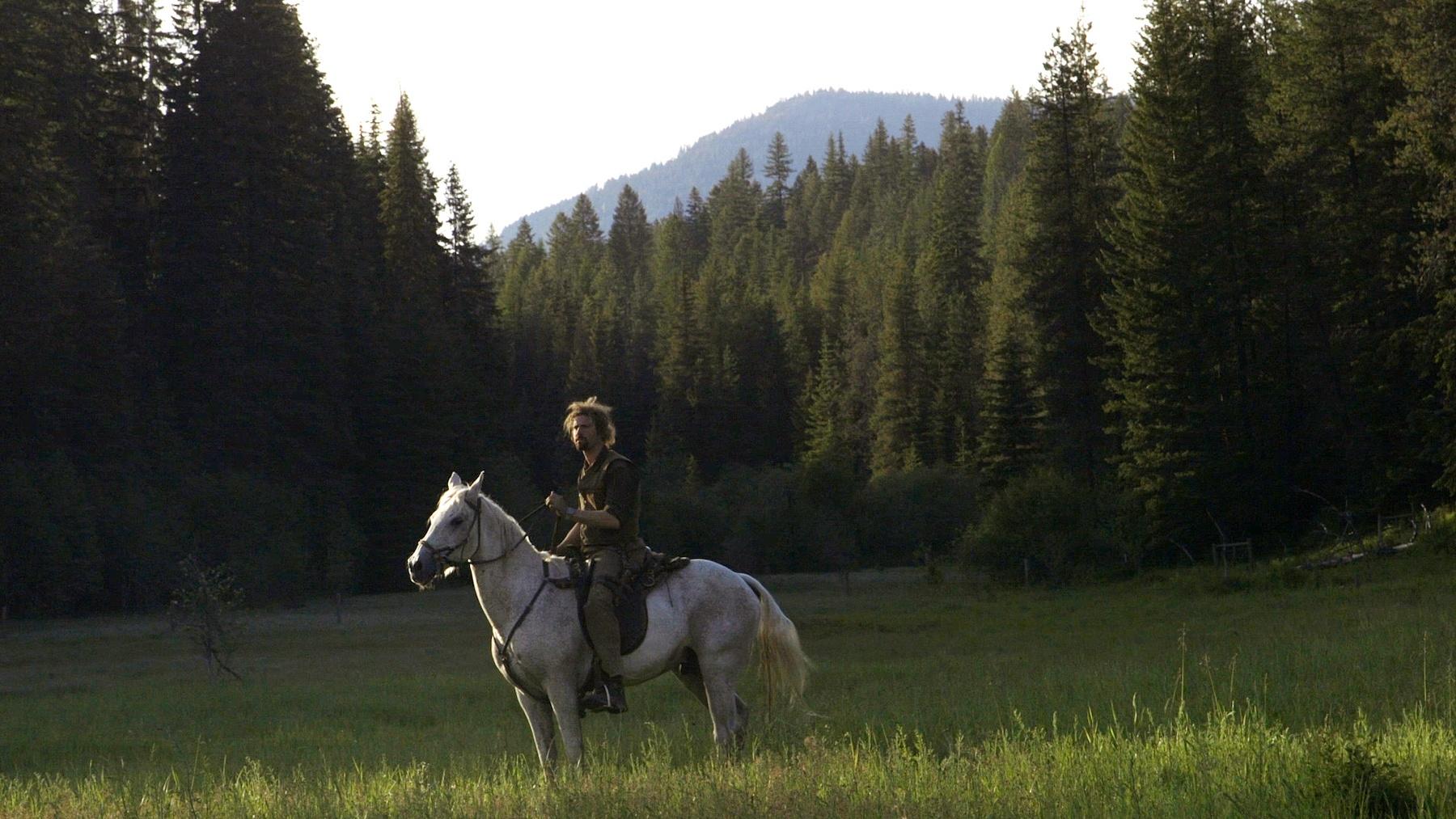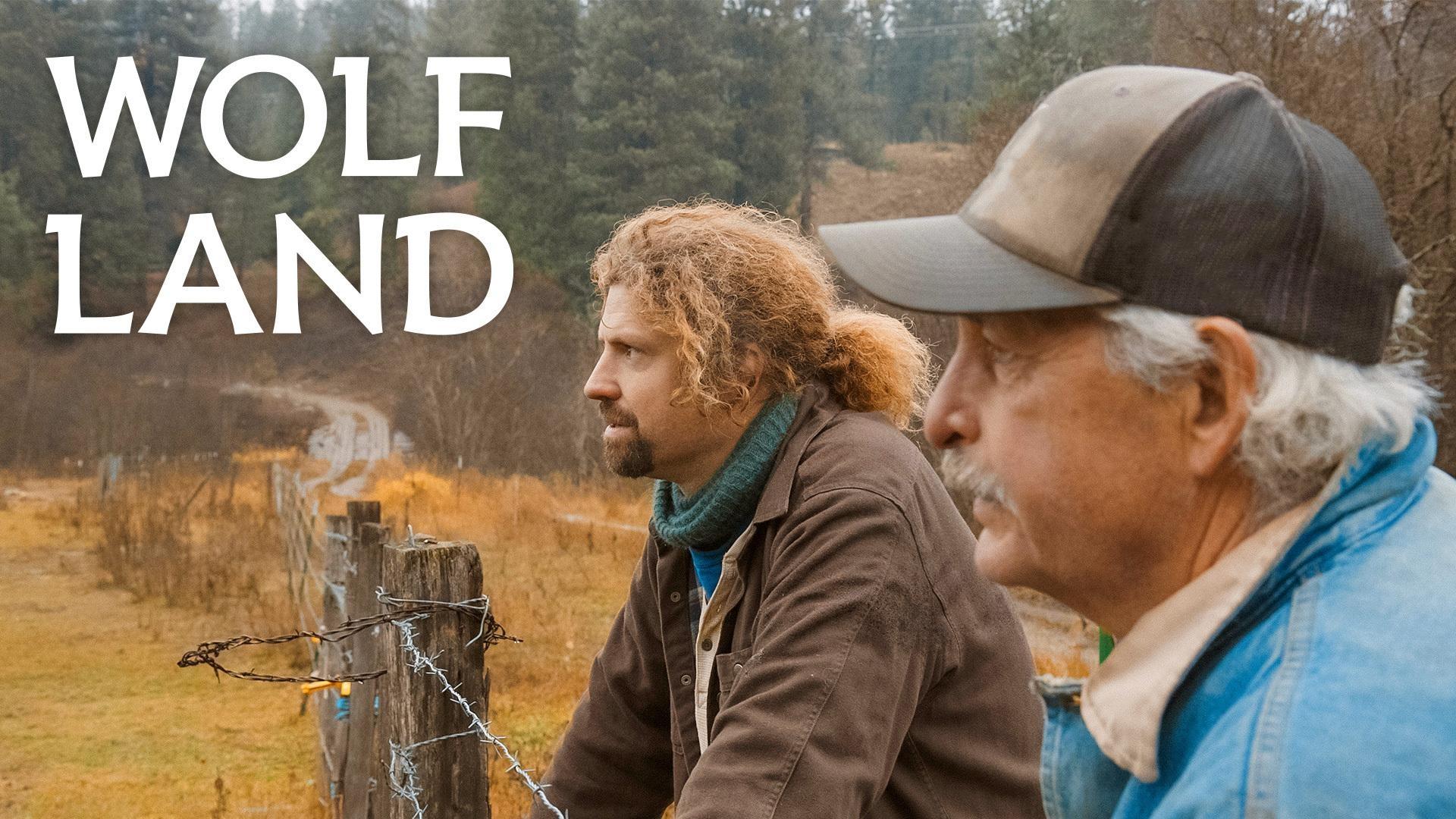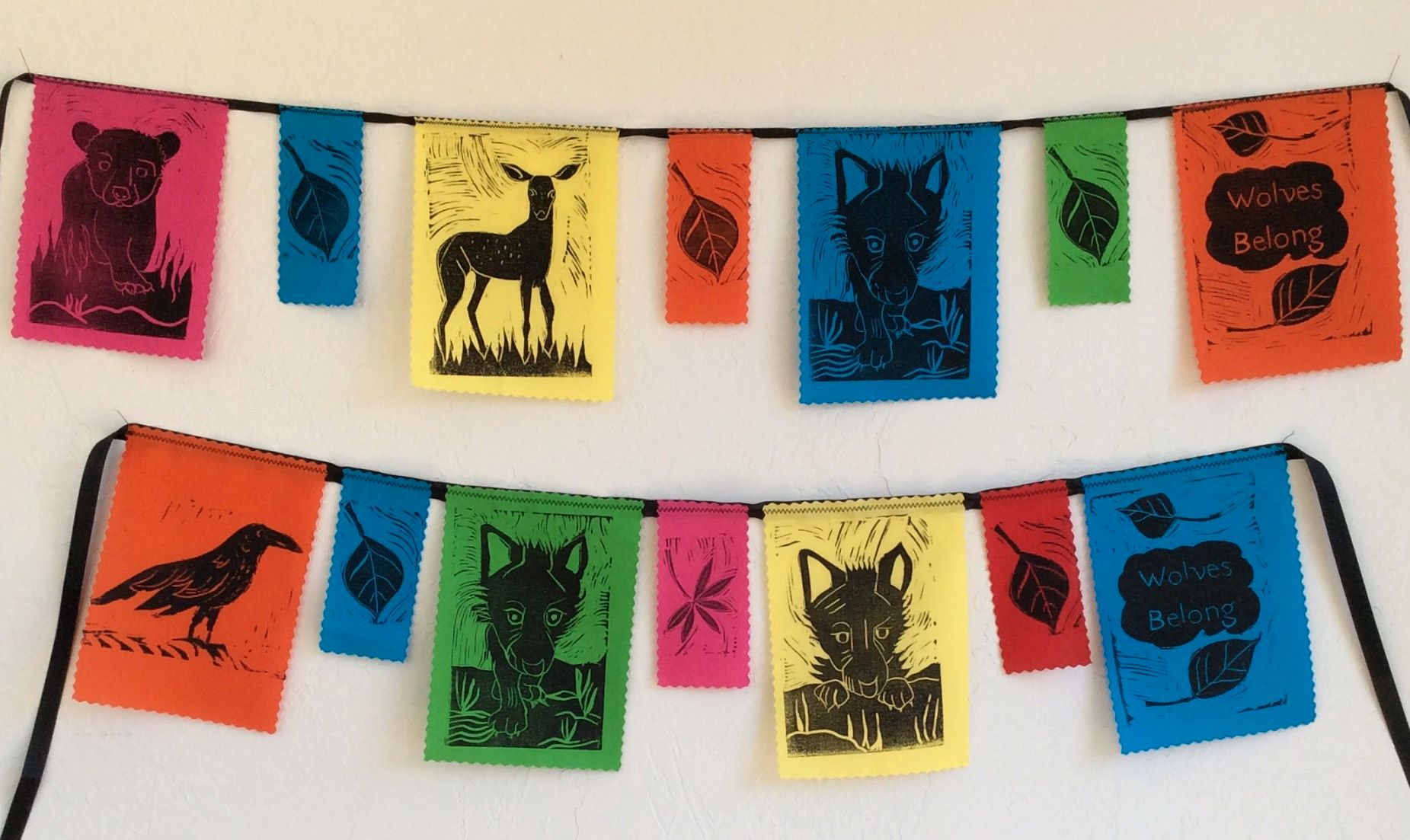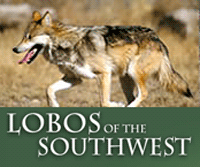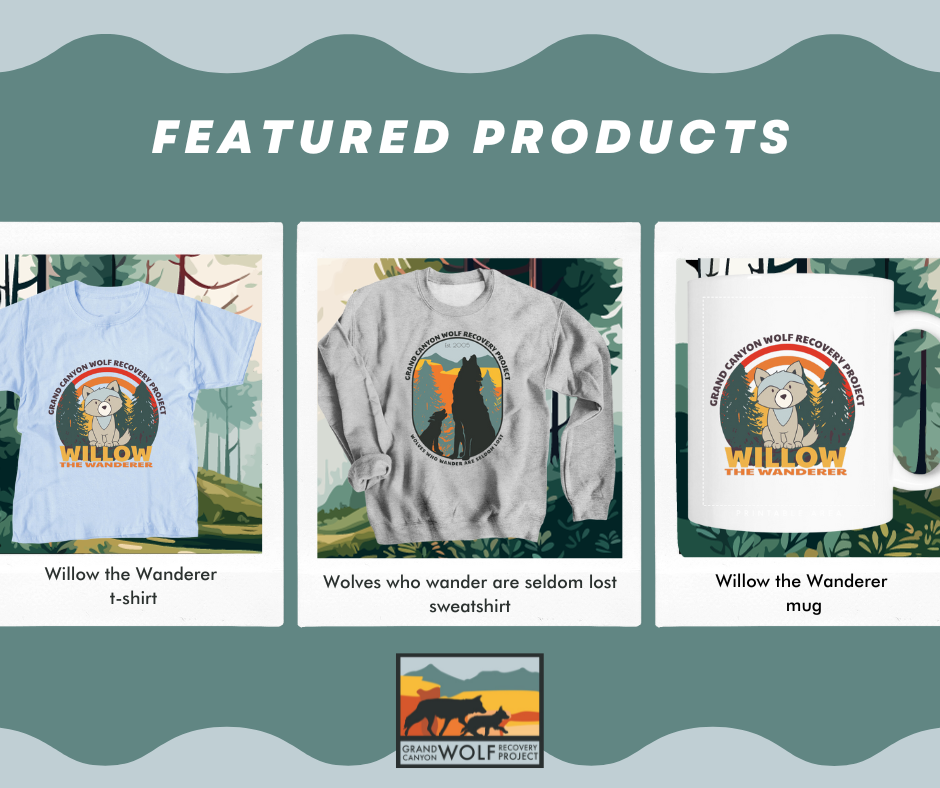GCWRP is partnering with Project GRIPH (Guarding the Respective Interests of Predators and Humans) to offer a unique opportunity to gain skills and experience in non-lethal methods. You will gain fieldwork experience with wolves and help dispel myths about coexisting with large carnivores.
Project GRIPH specializes in non-lethal wildlife conflict mitigation to help foster equilibrium between rural communities and our wildlife neighbors. Help build a bridge with connection, compassion, and communication between rural and urban America. By joining our expedition, you are helping create a positive reason for rural America to have wolves on the landscape.
Cost per person: $2,700 USD (includes all meals, lodging, wages for staff, rancher fees, and local travel during the program)
We are currently seeking grant funding for upcoming student expeditions, but if you're able to self-fund or organize a group trip, we’d love to work with you—please reach out to explore availability.
Duration: 5 days/4 nights
Group Size: Min group size 4, max group size 5
Available Dates: May or September
Location: GRIPH Ranch, near Colville, Washington State, USA.
A shuttle from Spokane Airport is included. Flights are not included.
Itinerary:
Pre-trip: Before the meeting, immerse yourself in the world of wildlife conservation with the award-winning film Range Rider and the Emmy award-winning PBS documentary about Project GRIPH. In our first virtual one-hour meeting, we delve deeper into the expedition; we will also explore the fascinating world of wildlife careers and pathways into conservation. In our second one-hour meeting, we will guide you in preparing for the expedition, including what to bring for this unique learning experience.
Day 1: Our journey commences with an orientation, where you’ll have the opportunity to meet the horses and gain insights into our mission. This day is designed to assess your comfort level on horseback, familiarize you with backcountry safety, and outline the plan for the upcoming days. We’ll also demonstrate how to apply non-lethal wildlife conflict mitigation techniques practically. We’ll then meet the rancher and delve into the social complexities of wolves returning to the range. The day concludes with an immersive experience in the wilderness, where we’ll howl for wolves and camp overnight on the range.
Day 2: Travel by horseback* and participate in our wolf and cattle behavior workshops. We will learn more about co-thriving with predators as we move cattle on the range. Then, to end the day in the wilderness, we will camp overnight on the range.
Day 3: We travel by horseback and learn about wolf and animal tracking. We end the day in the wilderness by camping overnight on the range. Around the campfire, we will have time to reflect on the activities, discuss our complex relationship with predators, and discuss careers in wildlife conservation.
Day 4: Use your new horseback riding and tracking skills to become a range rider for the day. With plenty of opportunities for wildlife photography, you will also help with trail camera maintenance as we monitor cattle and predators on the range.
Day 5: End the expedition with a debrief and return to Spokane.
Post-trip: We will send you a tailored reference letter about your time on the expedition, including images from the trail cameras we monitored during the workshops.
*We can adjust the horseback riding based on your comfort level, including the option to take part on foot.
Support or Join a Future Expedition
Want to make a lasting impact on wildlife conservation and help shape the future of coexistence and co-thriving?
We’re actively seeking partners and supporters to help fund the next Pathways to Conservation expedition. Your support will directly provide scholarships, travel, meals, and mentorship for students, especially those from underrepresented communities, who are ready to lead the way in building a more compassionate, science-informed approach to carnivore conservation.
🟢 Interested in funding an expedition or sponsoring a student?
Please reach out to This email address is being protected from spambots. You need JavaScript enabled to view it. — we’d love to collaborate with you.
🟢 Are you a student who wants to join us on the range?
If you're passionate about wildlife, justice, and reimagining human-animal relationships—and want to be considered for a future expedition—we want to hear from you.
Email This email address is being protected from spambots. You need JavaScript enabled to view it. with a brief statement about your interest, background, and what you hope to gain from the experience.
Our next expeditions are tentatively scheduled for May and September 2026, depending on funding availability. Whether you’re ready to get in the saddle or ready to make it possible for others, you’re part of the future we need.
Together, let’s co-thrive.
Additional Information:
Daniel Curry is a range rider, speaker, and founder of GRIPH + Project GRIPH, organizations dedicated to helping humans co-thrive with large carnivores through conservation, connection, and education.
After working with wolves for a decade in sanctuaries and zoos across the United States, Daniel spent the next ten years developing non-lethal methods that continue to help people and wolves co-thrive together.
Daniel’s work helps guard the respective interests of predators and humans, building a bridge between animals and people in Washington state. His work has been featured in the film Ranger Rider (Wild Confluence Media), and in publications around the world.
“As wolves repopulate Washington State, conflict is heating up with rural ranching communities. Range rider Daniel Curry’s job is to patrol wild areas on horseback, creating a buffer between wolves and the cattle herds that graze on public lands.”
“Daniel Curry spends his days on horseback studying wolves’ migration patterns and deterring them from encroaching on the human landscape while educating and partnering with local ranchers on non-lethal methods of wolf prevention.”
A cattle rancher and a wolf-protecting cowboy unite to preserve what’s dearest to them.
From the Field: June 2025 Pathways to Conservation Expedition Report
Women in Wildlife Join the Frontlines of Conflict Mitigation
Last month, three NAU “Women in Wildlife” students and volunteers from the Grand Canyon Wolf Recovery Project returned from a weeklong grant funded expedition in northeastern Washington with Project GRIPH (Guarding the Respective Interests of Predators and Humans), an experience that challenged their perceptions, expanded their field skills, and deepened their commitment to wildlife conservation.
The expedition, part of the new Pathways to Conservation program, immersed students in the daily reality of range riding: a non-lethal strategy for reducing conflict between large carnivores and livestock. Guided by Project GRIPH founder and range rider Daniel Curry, fourth-generation rancher Jerry Francis, the team learned to read wolf tracks, walk calmly past cattle to minimize stress, deploy trail cameras, and monitor predator behavior, all while engaging in difficult conversations about coexistence and co-thriving on multi-use landscapes.
Hosted in the heart of Washington’s wolf country, the program offered more than technical training. It invited students to step into the complex social and ecological relationships that shape wolf recovery in the Western United States. As the only programs in the U.S. focused on co-thriving—not just coexisting—with carnivores, Pathways to Conservation equips future conservationists with both practical tools and ethical frameworks to navigate a divided landscape.
“Jerry's willingness to share his stories with us taught me how much trust and relationship-building matter in this work. His generational connection to the land and firsthand understanding of wildlife patterns showed me that ranchers aren't obstacles to conservation but possible partners with vital local insight. I learned that conservation is actually about expanding our definition of community to include both human and non-human neighbors.” Mackenzie Buckley
“Meeting Jerry and being on the landscape up in Washington provided us with the unique opportunity to see what living with large carnivores really looks like. After seeing just how closely Jerry lives with these animals, we can try to figure out the best ways for others to coexist and co-thrive.” Sophie Norris
Beyond the field, students also attended the Seattle Film Festival for the premiere of Wolf Land, a new PBS documentary featuring Daniel Curry’s work. The film sparked passionate dialogue about how stories shape public understanding of wolves.
“Wolf Land was a powerful and inspirational film that did an excellent job demonstrating how range riding is an effective solution. Not only did it show the impacts of range riding, but a key element that stuck with me was the trust between rancher and rider. Jerry and Daniel have a special relationship where they work together for both the good of the rancher and the wildlife.” Justine Koehler
“Wolf Land showed me that the conflict doesn't have to be a zero-sum game. Seeing Daniel Curry's work in action gave me hope—the film beautifully illustrated genuine experiences of deterring wolves from private lands where ranchers might otherwise resort to lethal control. There are real, practical solutions out there.” Mackenzie Buckley
With guidance from both Project GRIPH and GCWRP, these students will now develop a public presentation for the Big Lake Holiday Campout, co-create educational materials, and share their fieldwork experiences at the upcoming Lobo Youth Summit and beyond. Their voices are already shaping a new generation of wolf advocacy rooted in compassion, science, and storytelling.
“It was incredible to have this opportunity to learn so much about range riding, the ranchers, and wildlife from Daniel. His work is proof that coexistence and co-thriving are possible and attainable. Experiencing these methods of human-wildlife conflict mitigation firsthand helped evolve my perspectives on the hard work these ranchers put in, the interpersonal relationships between range rider and rancher, and the wildlife. I will use the knowledge I learned on this trip for all of my future years in wildlife conservation.” Justine Koehler
This pilot project marks the beginning of a growing partnership between Project GRIPH and GCWRP. Together, we aim to expand hands-on wildlife programs that are accessible to students from all backgrounds.
"I had the privilege of co-hosting our first collaborative empowering women in wildlife program—Pathways to Conservation with Claire Musser from the GCWRP.
It was an honor to be able to offer this opportunity to these three inspiring women, Justine, Mackenzie, and Sophie.
I believe that women offer a much needed perspective that is lacking in the arena of wildlife work. In my experience, women tend to approach the highly complex matters of wildlife management with a higher level of compassion and understanding for all parties involved. I believe in our current time and climate, both political and literal, we need to empower women to take the mantles that have been typically held by men. We have seen the consequences of having a male-dominated system govern our natural world. I would like to see more opportunities for women to showcase their compassion and empathy for this special planet and all of its inhabitants.
Sophie, Mackenzie, and Justine exemplify what we are lacking in Wildlife management. I look forward to the day when it is commonplace to see women of this caliber working in the field of wildlife. I truly believe that if we shed the archaic mindset that patriarchal-centric systems are better than a more balanced system, including the critically lacking perspectives of women, we will see the positive repercussions for generations to come. It will take brave women like Mackenzie, Sophie, and Justine." Daniel Curry
Daniel taught us to look closely—not just at wolves, but at the relationships that shape the landscape. Now, these students are carrying that vision forward, building bridges where others see conflict. Learn more about Daniel’s work and meet him in person at the Big Lake Howliday Campout this August, where he’ll join us as a special guest to share stories, strategies, and inspiration from the field.
